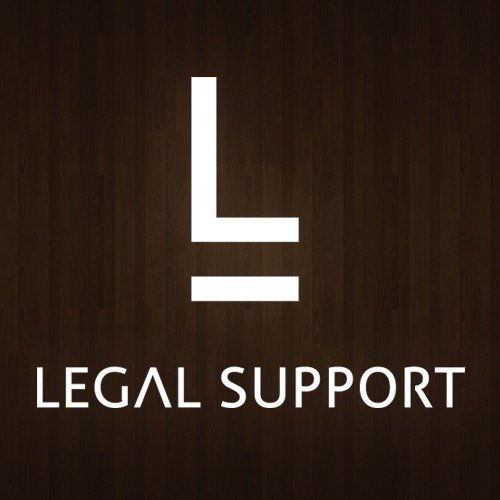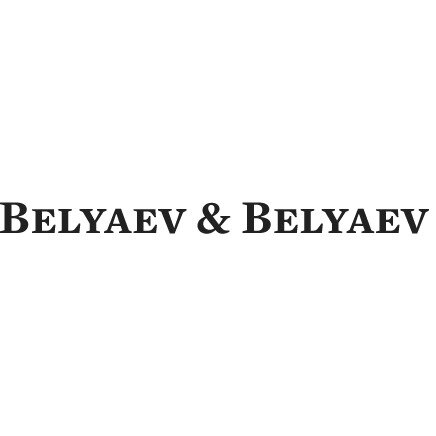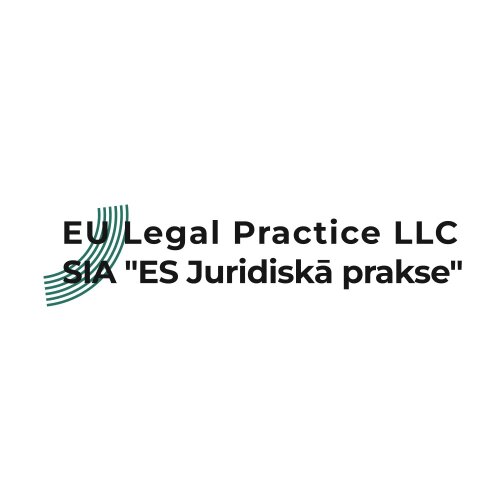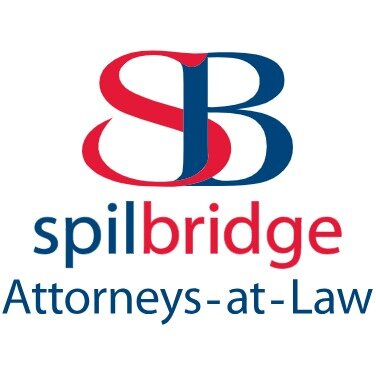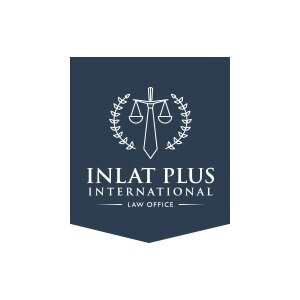Best International Trade Law Lawyers in Latvia
Share your needs with us, get contacted by law firms.
Free. Takes 2 min.
Or refine your search by selecting a city:
List of the best lawyers in Latvia
About International Trade Law in Latvia
International Trade Law in Latvia encompasses a wide range of rules and regulations governing trade activities across international borders. Latvia, as a member of the European Union (EU), aligns its trade laws with EU regulations, thus facilitating seamless commerce with other EU member states. Latvia is also a World Trade Organization (WTO) member, which means it adheres to global trade rules and standards. The primary aim of Latvian international trade laws is to promote fair trading practices, protect local industries, and prevent unfair economic activities such as dumping or subsidization.
Why You May Need a Lawyer
There are several scenarios in which individuals or companies might require legal assistance in International Trade Law in Latvia:
- Negotiating and drafting international sales contracts.
- Understanding compliance with import and export regulations.
- Resolving trade disputes or dealing with contract breaches.
- Navigating customs regulations and tariff classifications.
- Seeking advice on the enforcement of international arbitration awards.
- Understanding the impact of trade sanctions and embargoes.
- Taxation issues related to international trade operations.
Local Laws Overview
Key aspects of local laws relevant to International Trade Law in Latvia include:
- Customs Procedures: Governed by EU Customs Code, which ensures the unified application of tariffs and simplifies customs procedures across the EU.
- Trade Agreements: Latvia benefits from the EU's free trade agreements and bilateral agreements with various countries, providing preferential access to certain markets.
- Intellectual Property Rights: Protection is provided under local regulations harmonized with EU directives to secure trademarks, patents, and copyrights.
- Dispute Resolution: Latvia supports both judicial and alternative dispute resolution methods like arbitration under the Latvian Arbitration Law.
- Anti-Dumping Measures: Latvia implements EU anti-dumping measures to protect domestic industries from unfair competition.
Frequently Asked Questions
What is the role of customs in international trade in Latvia?
The customs authorities in Latvia facilitate legitimate trade, ensure collection of customs duties, and prevent illegal trade activities. They operate under EU customs laws, which standardize procedures across member states.
How do trade sanctions affect international trade in Latvia?
Trade sanctions impact the ability to conduct business with certain countries or entities as dictated by the EU. Compliance is mandatory, and legal advice can help navigate these restrictions.
What should be considered when drafting an international trade contract?
Important considerations include applicable law, dispute resolution mechanisms, delivery terms, payment conditions, and risk assessment. Legal experts can assist in ensuring contracts meet all necessary legal standards.
Are there specific taxes that apply to imported goods in Latvia?
Yes, imported goods in Latvia may be subject to import duties, VAT, and excise taxes, depending on the product type. The EU's common external tariff generally applies.
Is arbitration common in resolving trade disputes in Latvia?
Yes, arbitration is a favored method for resolving international trade disputes due to its efficiency and the enforceability of arbitration awards globally.
How does Latvia ensure compliance with EU trade regulations?
Through various national institutions and legislation aligned with EU directives, Latvia ensures compliance and monitors adherence to trade-related rules and standards.
What protections exist for intellectual property in international trade?
Latvia upholds strong protection for intellectual property rights, in line with EU regulations, to safeguard innovations, trademarks, and copyrights in international trade.
Can businesses benefit from EU trade agreements when trading from Latvia?
Yes, businesses in Latvia benefit from the EU’s extensive network of trade agreements, receiving preferential treatment and reduced tariffs in partnered countries.
How are anti-dumping measures implemented in Latvia?
As part of the EU, Latvia implements anti-dumping measures to counter imported goods sold below market value, protecting local industries from unfair trade practices.
What steps are involved in setting up an import-export business in Latvia?
Key steps include registering the business, ensuring compliance with national and EU regulations, acquiring necessary licenses, and understanding customs procedures.
Additional Resources
Several resources can aid those seeking information or legal advice in International Trade Law in Latvia:
- Latvian Ministry of Foreign Affairs: Provides information on trade and foreign relations.
- Enterprise Latvia: Supports local businesses in enhancing their competitiveness globally.
- Latvian Chamber of Commerce and Industry: Offers resources and networking for business venturing into international trade.
- Customs Administration within the State Revenue Service: Supervises customs regulations and procedures.
- European Union's Trade Directorate: A source for trade agreements and relevant EU legislation.
Next Steps
If you require legal assistance in International Trade Law in Latvia, consider the following steps:
- Consult a Specialist: Seek out a lawyer or legal firm specializing in international trade to gain expert advice tailored to your case.
- Document Preparation: Gather all relevant documents such as contracts, trade correspondence, and compliance checks for your lawyer to review.
- Initial Consultation: Schedule a meeting to discuss your legal questions or issues, and outline your business goals and concerns.
- Adhere to Advice: Follow the legal counsel provided to ensure compliance and safeguard your business interests in international trade matters.
- Stay Informed: Keep abreast of any changes in trade laws and regulations to mitigate risks and capitalize on new opportunities in global trade.
Lawzana helps you find the best lawyers and law firms in Latvia through a curated and pre-screened list of qualified legal professionals. Our platform offers rankings and detailed profiles of attorneys and law firms, allowing you to compare based on practice areas, including International Trade Law, experience, and client feedback.
Each profile includes a description of the firm's areas of practice, client reviews, team members and partners, year of establishment, spoken languages, office locations, contact information, social media presence, and any published articles or resources. Most firms on our platform speak English and are experienced in both local and international legal matters.
Get a quote from top-rated law firms in Latvia — quickly, securely, and without unnecessary hassle.
Disclaimer:
The information provided on this page is for general informational purposes only and does not constitute legal advice. While we strive to ensure the accuracy and relevance of the content, legal information may change over time, and interpretations of the law can vary. You should always consult with a qualified legal professional for advice specific to your situation.
We disclaim all liability for actions taken or not taken based on the content of this page. If you believe any information is incorrect or outdated, please contact us, and we will review and update it where appropriate.
Browse international trade law law firms by city in Latvia
Refine your search by selecting a city.







